Summer Special: Book 3 Hours Aboard Any Yacht in Our Luxury Collection and get the 4th Hour Free.*
Summer Special: Book 3 Hours Aboard Any Yacht in Our Luxury Collection and get the 4th Hour Free.*
Owning a yacht is the ultimate expression of luxury, freedom, and status. But before making this significant investment, it’s important to understand the true costs associated with yacht ownership. At Seven Yachts, we believe in providing our clients with a clear picture of the financial commitment required to own and operate a yacht, ensuring your purchase is as rewarding as it is seamless.
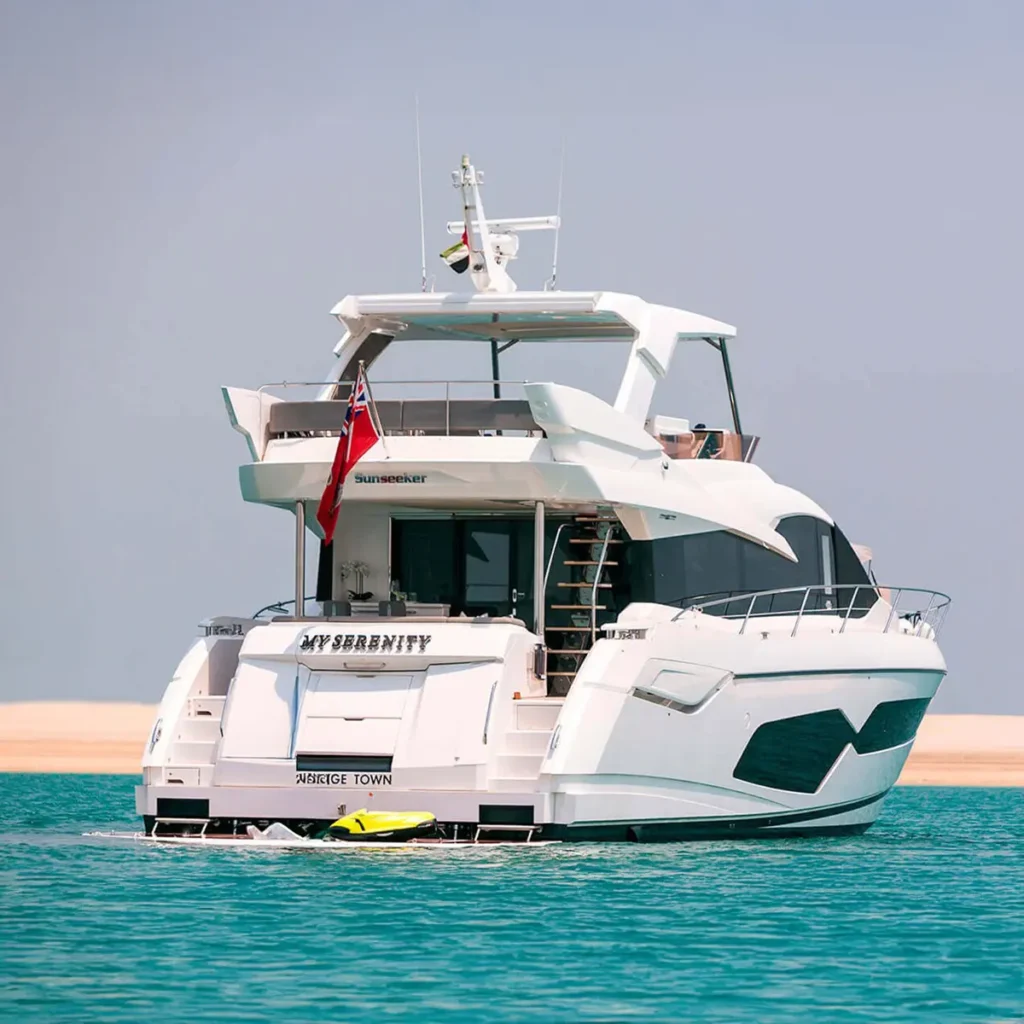
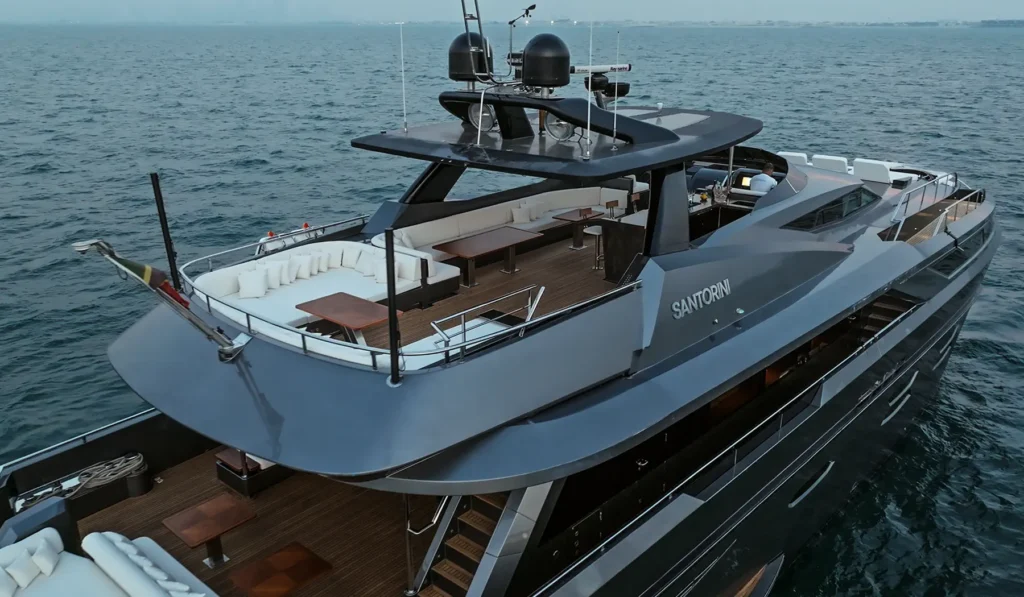
The first and most significant cost when buying a yacht is, of course, the purchase price. This can vary dramatically depending on the yacht’s size, brand, age, and specific features. Whether you’re buying a pre-owned yacht or commissioning a brand-new vessel, you can expect to pay a premium for high-end luxury yachts, with prices ranging from a few million pounds to tens of millions.
For those seeking a bespoke yacht, the cost will rise considerably depending on the level of customisation, from design features to technology and interior finishes.
Once you’ve purchased your yacht, the ongoing operational costs are a vital consideration.
Most luxury yachts require a professional crew, particularly larger vessels. Crew salaries are one of the largest recurring expenses, including positions such as the captain, engineers, chefs, stewards, and deckhands. The size of your yacht directly influences the number of crew members you will need, with a typical crew size ranging from five to 15 individuals for a superyacht.
Even a high-end yacht requires regular maintenance to keep it in pristine condition. From scheduled servicing of the engines to cleaning and replacing worn components, maintenance costs can vary but are typically around 10% of the yacht’s value each year. Refits and repairs are common and can add significant costs, particularly if upgrades are involved.
Fuel costs for a yacht depend on the size of the vessel and how often you use it. A superyacht can burn anywhere from 200 to 1000 litres of fuel per hour depending on the engine size and cruising speed. Therefore, it’s crucial to budget for fuel, especially for long trips or frequent cruising.
Yacht insurance is essential for protecting your investment and ensuring you are covered for any potential damage or liability. Insurance costs can range from 1.5% to 3% of your yacht’s value annually, depending on its size, age, and how often it’s used.
Docking and mooring fees are unavoidable costs for yacht owners. These fees vary significantly based on location, marina quality, and yacht size. High-demand areas like the Mediterranean or Dubai can see berthing fees reach £10,000 or more per month for a large yacht, while less popular destinations may have more affordable rates.
Yachts are subject to various taxes depending on the country of registration and where the yacht is used. These taxes may include VAT, luxury taxes, and import duties, which can be substantial. The costs will vary depending on where you’re located and the size of your yacht, so it’s important to work with an experienced yacht management team to ensure all your taxes and licensing requirements are met.
To ensure your yacht is fully stocked with provisions, you’ll need to budget for food, drink, and consumables for both your crew and guests. Depending on the size of the yacht and the type of clientele, provisioning costs can range from a few thousand pounds to tens of thousands annually.
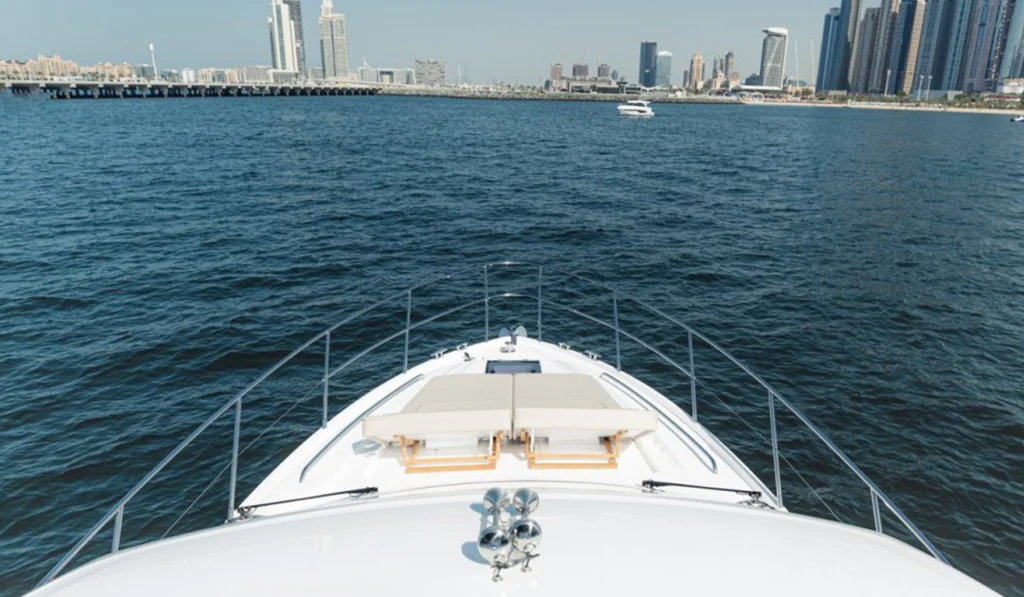
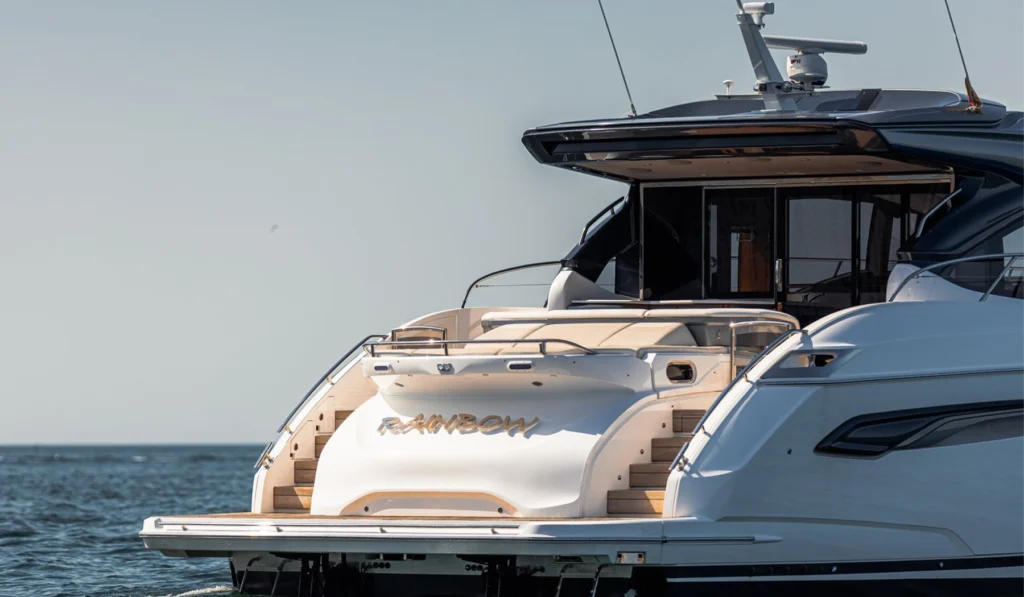
On average, the total annual cost of owning and maintaining a yacht can range from 10% to 20% of the yacht’s value. This means that for a yacht valued at £10 million, you might be looking at an annual cost of £1-2 million, including crew, maintenance, insurance, and operational expenses.
Seven Yachts offers a full suite of services to help guide you through the complexities of yacht ownership. From purchase to maintenance, crew management to chartering, we provide a bespoke experience designed to take the stress out of ownership. Our expert team is here to ensure that your yacht is always in excellent condition, so you can enjoy the ultimate yachting lifestyle with minimal effort.
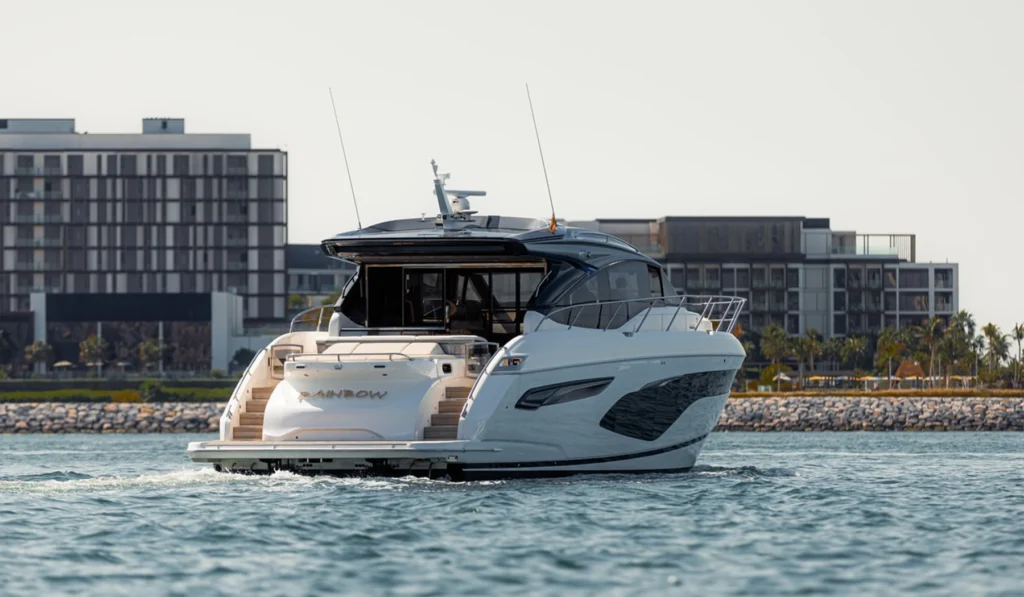
The cost of owning a luxury yacht can vary significantly based on its size, age, and customisation. On average, you can expect to pay 10% to 20% of the yacht’s value annually for operational costs.
Maintenance costs cover routine services such as engine checks, hull cleaning, repairs, and general upkeep. This ensures that your yacht remains in top condition throughout the year.
Insurance costs typically range from 1.5% to 3% of the yacht’s value annually. This can vary based on the yacht's size, age, and usage.
Fuel costs can be one of the largest ongoing expenses, particularly for larger yachts. The cost of fuel depends on the size of the yacht and how often you use it.
Crew salaries depend on the size of the yacht and the number of crew members. A typical crew can cost anywhere from £200,000 to £500,000 per year, depending on the yacht’s size and location.
Taxes and licensing fees vary based on the yacht’s registration and the locations in which it operates. These can include VAT, luxury taxes, and mooring taxes.
Yes, you can offset costs by chartering your yacht when you’re not using it. This can generate substantial income, particularly in high-demand cruising areas.
Docking and mooring fees vary widely based on location and yacht size. In premium locations, these fees can range from £5,000 to £25,000 per month.
To reduce costs, yacht owners can consider operating their yacht more efficiently, minimising crew size, and opting for less expensive locations for docking and maintenance.
Refits are typically done every 5-10 years, but they can be more frequent depending on the yacht's age and the owner’s preferences for upgrades and modernisation.
Contact us for a tailored consultation about yacht ownership costs and how Seven Yachts can support your journey. Our team is ready to provide the expert guidance and services you need to make yacht ownership effortless and enjoyable.